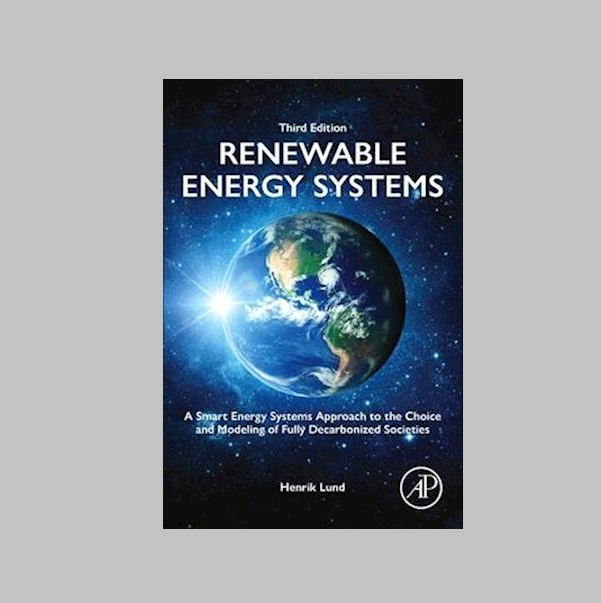100% Renewable Energy Systems in the Scandinavian Region
Authors:
Kenneth Hansen, David Maya-Drysdale
Denmark has set an ambitious goal to become 100% renewable by 2050, and this study aims to investigate further how Denmark could achieve this goal. Specifically the study aims to help understand the implications for Denmark when it is interconnected in a Scandinavian system in a 100% renewable energy system in 2050. This study compares three energy system types (supergrid, smart grid and smart energy system) for Denmark within in a Scandinavian context. In this study two extreme situations were developed being a fully interconnected and fully Disconnected Scandinavian system, using the energy systems of Denmark, Sweden and Norway from 2009. A range of technological solutions that represented each energy system type (e.g. EVs, biofuels, heat pumps, district heating) were modelled in sequential implementation steps and were assessed within the context of the two extreme Scandinavian systems to determine wind integration ability, fossil fuel and biomass demand, socio-economic costs and CO2 emissions for each step.
It was found that the fully Connected Scandinavian system has lower fuel demand, and improved wind integration compared to the Disconnected Scandinavian system in all steps. However the ideal level of interconnection was not identified in this study. The benefits for Denmark are incalculable using the methodology applied in this study however it is expected that some of the benefits from having a Connected Scandinavian system would likely be allocated to Denmark for wind integration and fuel savings. This area needs further investigation.
All energy system types will be able to meet the future renewable energy policy targets, but with large differences in terms of fuel demand in the form of biomass. A combination of the three energy systems is the ideal situation, and there are no technological fixes that alone would allow a conversion towards a realistic 100% renewable society in the future. Measures should relate to energy conservation technologies, renewable energy sources and improved efficiency of supply systems. Further research should be focused on policy development that supports a level playing field between the different energy system types in the future.
Contact: Kenneth Hansen (khans@plan.aau.dk) and David Maya-Drysdale (drysdale@plan.aau.dk)
Contact
If you experience further challenges using the model that are not answered in any one of pages at the site, you are more than welcome to contact us and we will try to help you.
Email us hereBook, 3rd Edition out now

3rd Edition Renewable Energy Systems – A Smart Energy Systems Approach to the Choice and Modeling of Fully Decarbonized Societies
By Professor Henrik Lund
List price: USD 100.00 / GBP 76.76 / EUR 87.20
Buy here